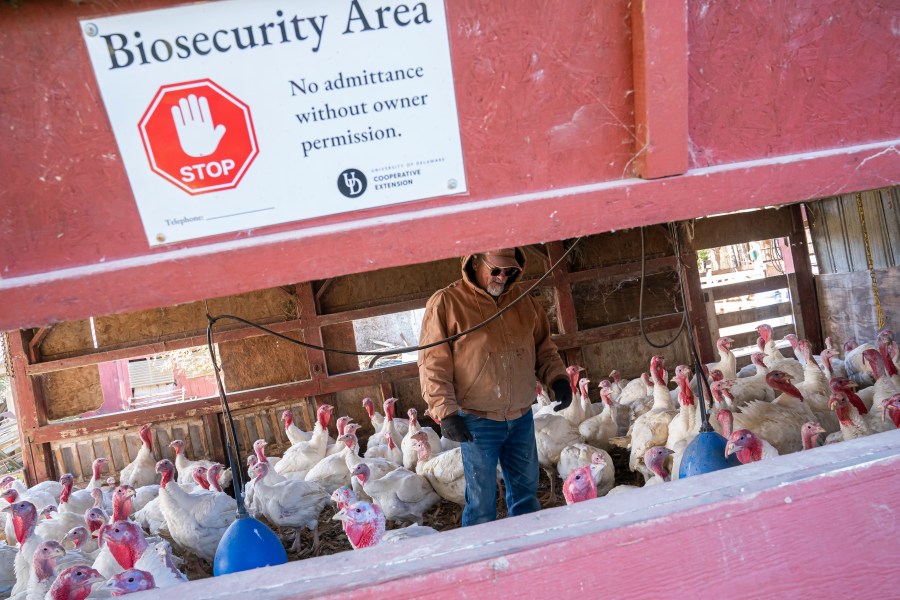DENVER (KDVR) – Concern is growing over the spread of avian flu, also known as bird flu, after several Colorado agencies sent out a message imploring the public to avoid touching any dead birds they might come across.
“If you see dead wild birds, don’t touch them. Birds across Colorado continue to be affected by avian influenza. Call your local Colorado Parks and Wildlife office,” the Colorado Department of Public Health and Environment said in a Tweet on Tuesday night.
On Wednesday afternoon, officials with Colorado Parks and Wildlife wanted to clarify and narrow the spread of that comment, saying in a tweet “if you find three or more dead wild birds in a specific area within a two-week period, or if you see live birds showing clinical signs of disease, please contact your local Colorado Parks and Wildlife office.”
That same tweet thread also mentioned that CPW is not able to respond to all reports of a dead bird, instead focusing their efforts “on surveillance and management efforts.”
Recent confirmed cases and how to avoid exposure
According to the Colorado Department of Agriculture, back in February, Highly Pathogenic Avian Influenza was discovered in several wild birds and poultry located in many eastern states, and it has been found in Colorado, wiping out much of local egg production.
Recently in late November, avian influenza was discovered in Morgan County in snow geese.
“CPW and the Colorado Department of Agriculture are asking the public not to touch any dead birds they find,” a wildlife pathologist with the agency, Karen Fox, said in a press release following the confirmed cases.
If you are going out on a hunting trip for a day or a longer period, the U.S. Fish and Wildlife Service has tips on how to stay healthy during outdoor activities.
It is uncommon but in some cases, including when exposure to a sick bird has occurred, avian influenza can transmit to humans. Hunters are advised to self-monitor during the week after handling a wild bird that could have been infected, and if flu-like symptoms begin to develop, you should visit their healthcare provider immediately.
Joining the Defend the Flock Program
In addition to picking up healthy practices and habits regarding stemming the spread of avian influenza for the general public, there is also a program designed to encourage poultry farmers and those who work with birds on a regular basis.
Defend The Flock is a program managed by the United States Department of Agriculture and designed to spread education and resources to those who work with poultry regularly through the highlighting of proper biosecurity practices.
“These practices will help keep your birds healthy and reduce the risk of avian influenza and other infectious diseases,” reads the program’s information page. “Biosecurity is everyone’s job. Become a Flock Defender today and help us protect all flocks!”
If you would like to find more preventative practices and ways to identify symptoms in bird specimens, you can visit the USDA or CDA websites.



